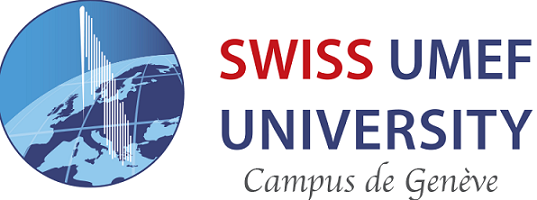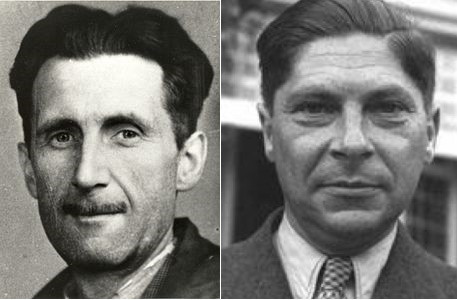 The two most celebrated leftist literary figures of the 1930s--40s, George Orwell (1903--1950) and Arthur Koestler (1905--1983), lived through the 20th century's revolutionary times as documentarists. They were on the front lines as journalists in the Spanish civil war, came close to death there and in WWII, and then wrote their explosive novels dissecting the communist experience from the inside.
The two most celebrated leftist literary figures of the 1930s--40s, George Orwell (1903--1950) and Arthur Koestler (1905--1983), lived through the 20th century's revolutionary times as documentarists. They were on the front lines as journalists in the Spanish civil war, came close to death there and in WWII, and then wrote their explosive novels dissecting the communist experience from the inside.
Orwell never joined any party, let alone the Communist Party of Great Britain, but was inspired to go to Spain to fight fascism, and was condemned when he returned to Britain in 1937 for having joined the Trotskyist POUM (Partido Obrero de Unificación Marxista) to fight Franco. His brush with both fascist snipers and Stalinist enemies led him to write Animal Farm and 1984, after which he died of TB, before he could witness what was done with his works.
Koestler joined the German Communist Party in 1931, 'saw the light' by 1934 as his friends started being arrested in Moscow, but stuck it out until 1938, writing Darkness at Noon, becoming the toast of post-WWII western Cold War intellectuals (and the CIA). Diagnosed with terminal cancer, he eventually committed suicide with his wife in 1983.

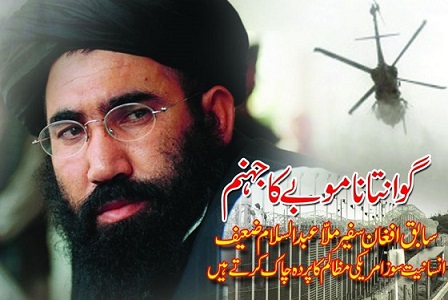 We are fed a load of tripe about the Taliban in the western press. They are portrayed as crude, illiterate, opium traffickers and murders. They are quite the opposite. They are, in the first place, a legend, which began in the 1980s when a movement to resist the lawlessness left by the collapse of the secular regime was formed by brave, uncorrupt ‘talibs’ like Abdul Salam Zaeef, one of the founders of the Taliban, coined by the BBC in 1994.
We are fed a load of tripe about the Taliban in the western press. They are portrayed as crude, illiterate, opium traffickers and murders. They are quite the opposite. They are, in the first place, a legend, which began in the 1980s when a movement to resist the lawlessness left by the collapse of the secular regime was formed by brave, uncorrupt ‘talibs’ like Abdul Salam Zaeef, one of the founders of the Taliban, coined by the BBC in 1994. 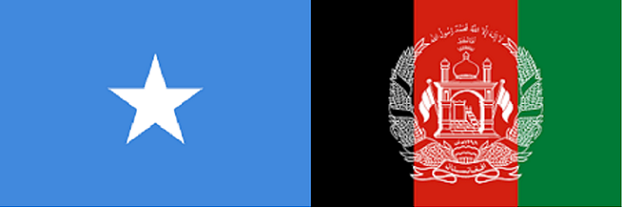
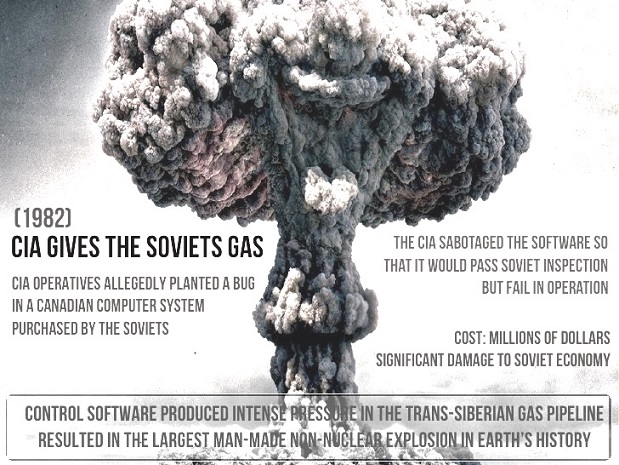 The Canadian government under Justin Trudeau is undermining not just Canada’s (ok, undeserved) reputation as an honest, fair mediator, but he has chosen 2019 to make Canada the enabler of the worst of US imperial policies.
The Canadian government under Justin Trudeau is undermining not just Canada’s (ok, undeserved) reputation as an honest, fair mediator, but he has chosen 2019 to make Canada the enabler of the worst of US imperial policies. 